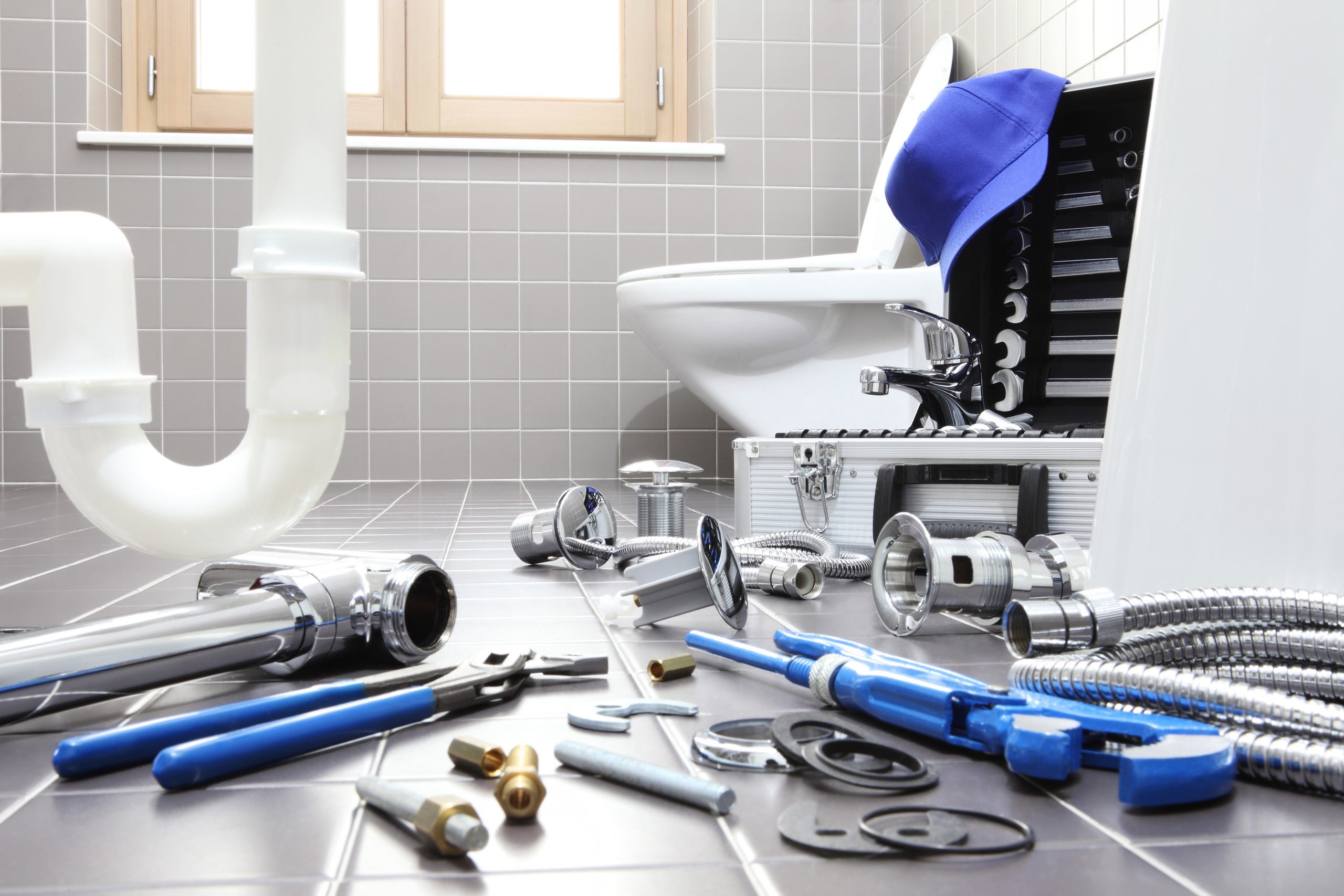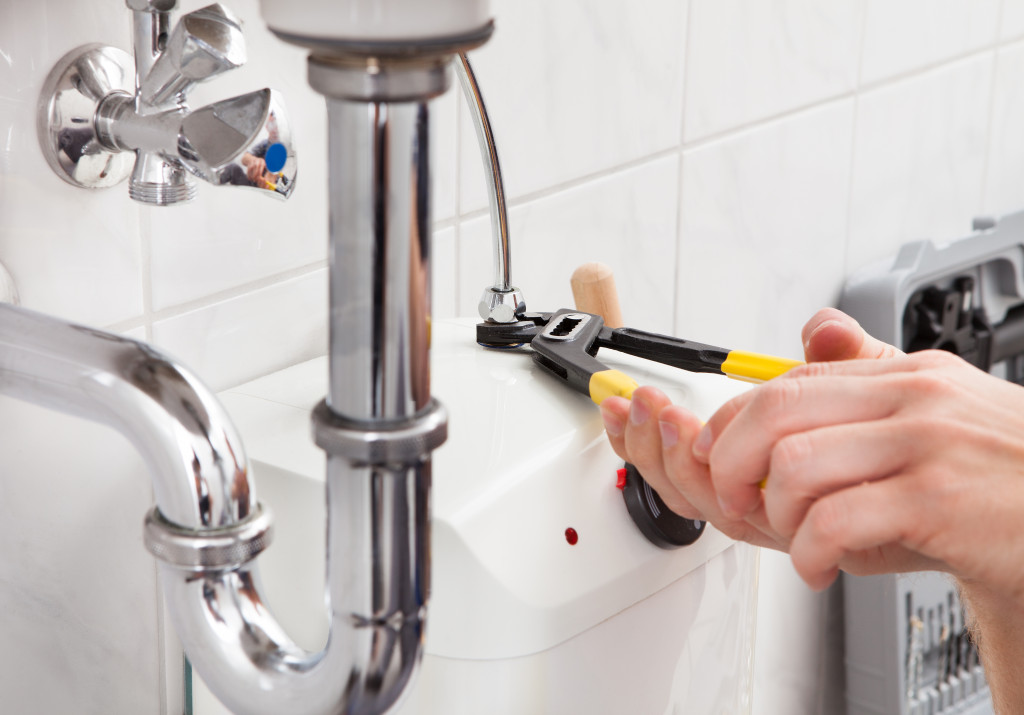Plumbing is one of those things we often take for granted. Unless you’re a professional plumber, you pay little attention to the pipes hidden all around you. But only when a pipe bursts or the taps run dry do we notice the importance of a properly maintained plumbing system. And unless you know to do a few basic fixes, you have no choice but to wait for the professionals to fix the problem.
Of course, you can take on any plumbing issues that might arise if you take the time to learn how to fix them. Even basic plumbing knowledge can go a long way in keeping your home in good condition. You can also save a small fortune on plumbing bills by fixing a broken faucet or a clogged toilet yourself. If you fix small problems early on, you can prevent major issues down the line.
Here are a few tips that will help you tackle plumbing problems in your home. There are some things that are best left to the professionals, such as drain cleaning in Salt Lake City, but minor jobs such as leaks and clogs can be fixed with the right tools and know-how.
-
Keep oil and fat out of plumbing
Have you ever eaten greasy food and felt sick afterward? It’s probably the thin coat of oil all over your lips and mouth. Oil gets everywhere but is very difficult to clean. If you regularly pour oil or fat down the drain, a layer of grease will slowly form inside your pipes until there isn’t enough space for anything to pass through.
It won’t happen right away, though. The first few times, the oil will just go down the sink and out of sight. This will make you think that everything’s all right. Then one day you’re left with a busted sink, clogged pipes, and water everywhere. If you want to keep your plumbing system clean and fat-free, find a way to dispose of grease that doesn’t involve pouring it down the drain. For instance, you can wait for the fat to congeal before throwing it in the trash.
-
Replace worn toilet and faucet parts
Many plumbing issues require a professional hand if you want to do things the right way. Installing a new water heater or taking apart pipes is something that’s outside the average homeowner’s skill set. However, very little can go wrong if you attempt to replace worn toilet and faucet parts.
One of the most common reasons why toilets leak is a worn flapper. Fortunately, you can easily find a replacement in your neighborhood home improvement store. They only cost a few dollars, and they should come with basic instructions anyone can follow.
Meanwhile, a broken faucet can be fixed by installing a new cartridge. All you need is a screwdriver and some plumber’s tape and you’re good to go. If your bathroom is always wet or you hear dripping in the night, identify the culprit right away and buy the necessary replacement parts as soon as you can.

-
Buy a strainer
One of the most common plumbing issues is a clogged pipe. And the reasons vary depending on the room it’s in. For instance, kitchen clogs are often caused by the accumulation of fat and food in the pipes. Even if you take care not to throw food down the sink, small bits can get stuck to the sides and form a layer. Meanwhile, clogged shower drains and sinks are almost always caused by soap and hair.
One easy fix is to buy a strainer and to place it over the drain. This will catch any solid pieces before it enters the plumbing system, preventing any headaches down the line.
-
Check the water heater’s temperature
A few tweaks to the water heater’s settings can translate to lower utility bills and longer operational life. For starters, check if the thermostat isn’t set too high. Anything above 115 degrees is too hot for your needs and expends more energy than required. You also might want to buy an insulation blanket for the water heater. Extra insulation will help keep the water hotter for longer without using too much energy. Just make sure to keep the thermostat exposed.
With the right tools and know-how, you can easily take on basic plumbing issues without outside help. Try to see if you can fix the problem yourself before calling your neighborhood plumber. However, you should know when to call it a day and leave the job to the professionals.

